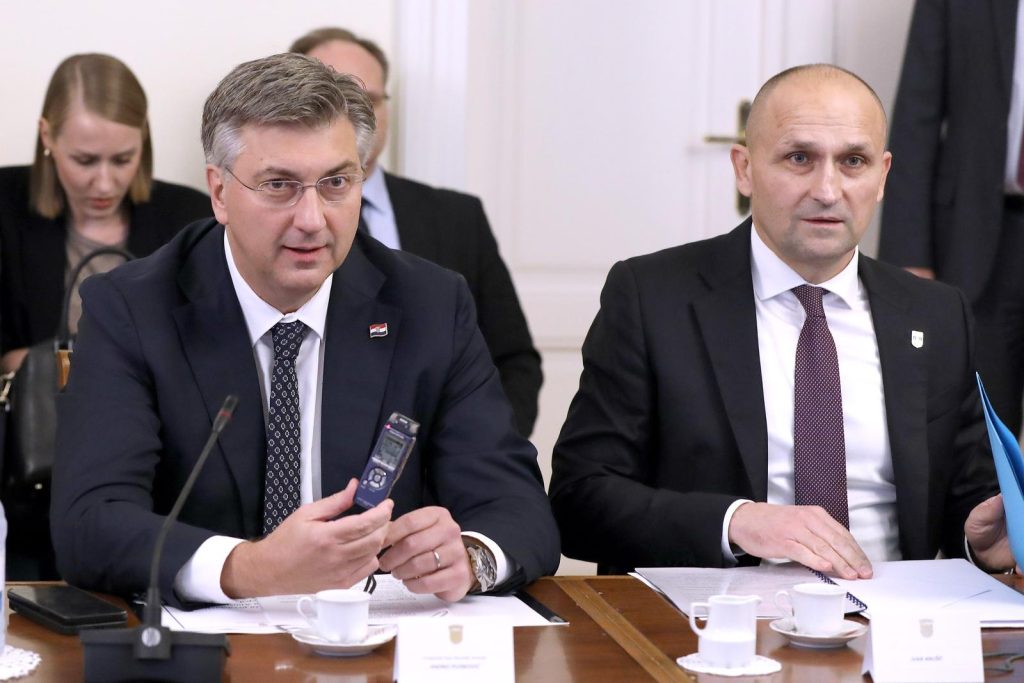November the 17th, 2023 – This week in Croatian politics, we’ve had forecasts on GDP and inflation from the EC, plans for the 2023 Vukovar commemoration, and one law professor has openly claimed that the PM isn’t actually permitted to dismiss government ministers.
Brussels is less optimistic about Croatian GDP growth than the government
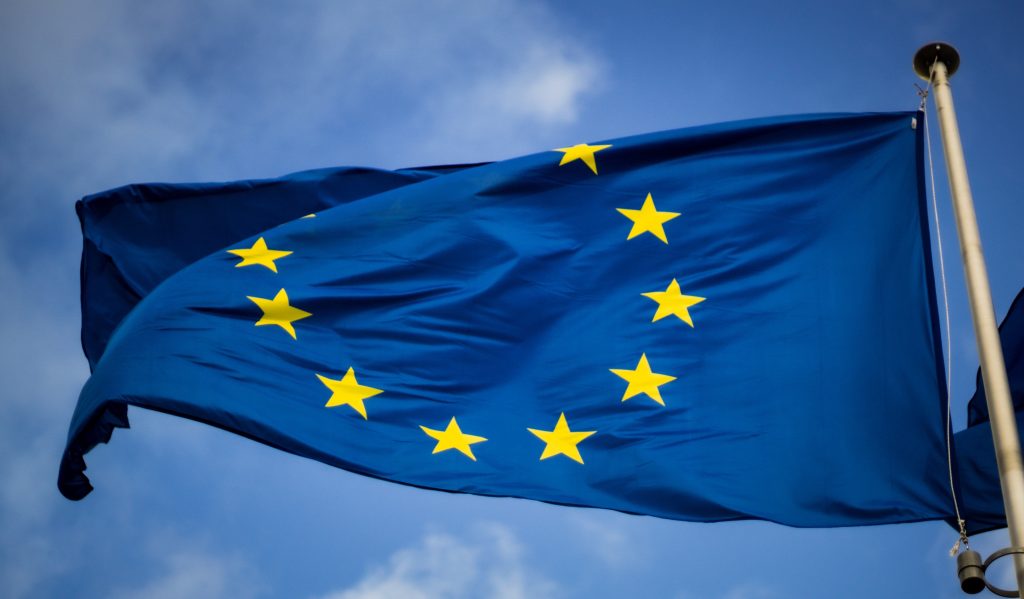
The European Commission (EC) published its autumn economic forecasts, within which expectations were confirmed that this year and next. According to this, the Republic of Croatia will be in the group of countries with the highest GDP growth rates in the entire European Union (EU).
Compared to the spring edition of the forecast, the EC increased its expectations of Croatian GDP growth to 2.6 percent this year and 2.5 percent next year. Admittedly, this is somewhat less optimistic than what those in Croatian politics predict, as it is estimating growth to stand at 2.8 percent in 2023 and 2024 as well.
Similar to last year’s predictions, the average inflation in Croatia will, according to the latest forecasts, be above average, both in relation to the average of the entire Eurozone as well as in relation to all 27 EU nations. The EC also expects that the internationally comparable inflation rate (HICP) in Croatia this year will stand at 8.1 percent, which is 2.5 percentage points higher than the rest of the Eurozone. The inflationary gap should finally “melt” next year.
At the level of the Eurozone, the average inflation rate is expected to slow down from 5.6 to 3.2 percent, while for Croatia, it is forecast to drop to 2.5 percent. In this sense, the EC is once again somewhat more optimistic than the Croatian Government, which based its recent budget projections on an expected inflation rate of 3.1 percent.
You can read more by clicking here.
The Croatian Chamber of Commerce was present at the sixth European Parliament of Enterprises
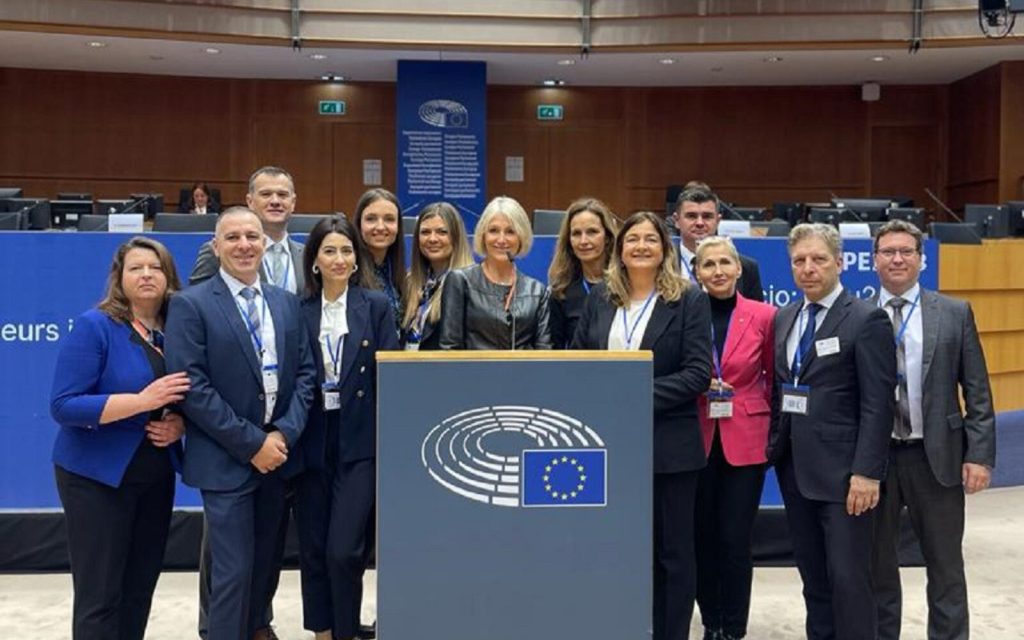
Ongoing uncertainty related to energy prices as well as supply chains created pressure on companies but also defined the main topics of the aforementioned event. In addition to the above, the lack of qualified workforce emerged as one of the key topics in the European Year of Skills, as well as an opportunity to exchange experiences and ideas between European parliamentarians and companies.
The European Parliament of Enterprises is, among other things, a forum where people from the world of business have the opportunity to present their views to policy makers on how EU policies affect the bloc’s large business community.
You can read more by clicking here.
Andrej PlenkoviĆ relieves former Defence Minister Mario BanožiĆ of his duties, appointing Ivan Anušić to the position
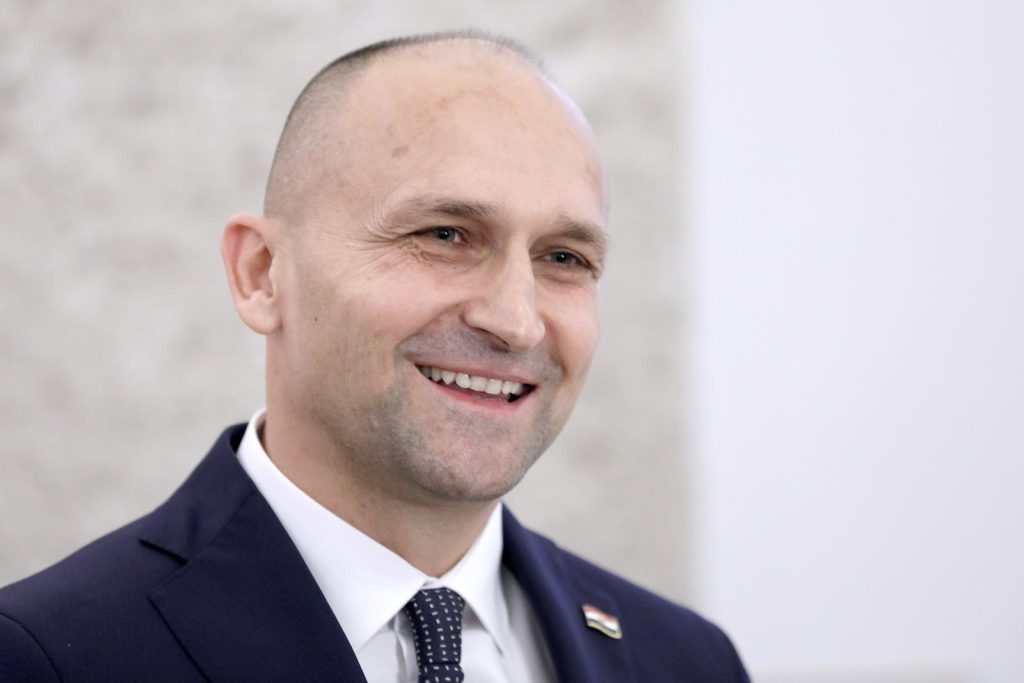
The world of Croatian politics was shaken recently, and the Prime Minister relieved ex Minister Mario Banožić of his duties on Saturday. He then said that consultations had been held within HDZ and that he proposed Ivan Anušić as the new Minister of Defence. He received support from both the party and his partners. “I believe that he will perform the duties of the Minister of Defence very well, up until the end of this government’s mandate,” the Prime Minister stated.
He added that the former Defence Minister, who is still recovering from obtaining extremely serious injuries during a car crash which took the life of the other involved party, performed his function well.
Mato Lukić will replace Ivan Anušić as Osijek-Baranja County prefect until the end of that mandate.
You can read more by clicking here.
Law Professor Vedran Đulabić claims that the PM hasn’t been dismissing ministers according to the proper regulations
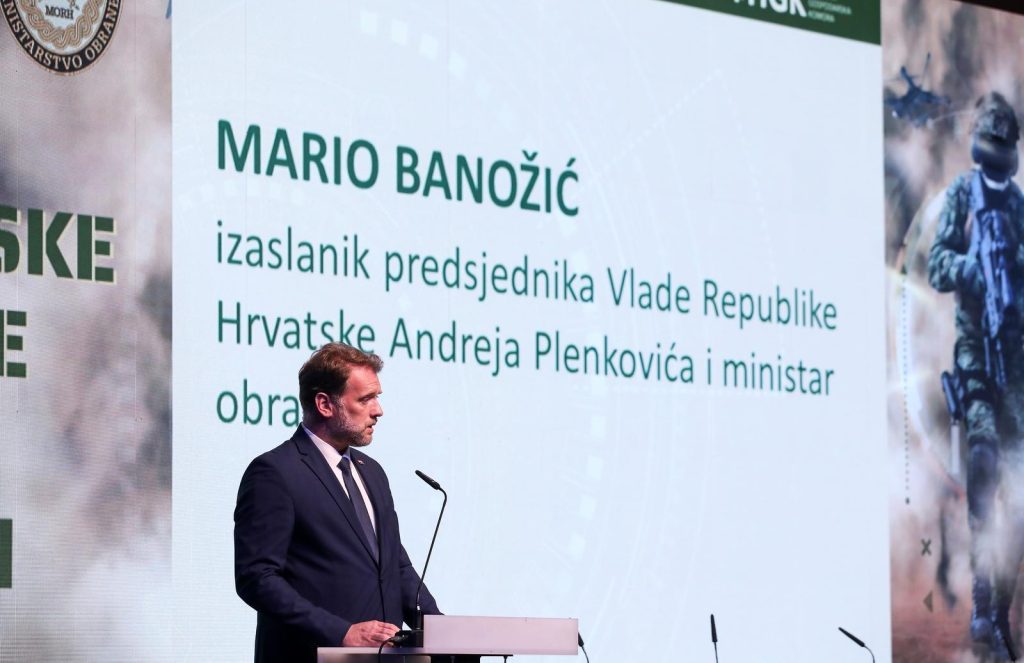
Claims that the main man of Croatian politics has been acting unconstitutionally have come from a law professor recently. As Index vijesti/news reports, a professor from the Faculty of Law in Zagreb, Vedran Đulabić, appeared on N1 televizija/television recently, claiming that Prime Minister Andrej Plenković didn’t dismiss Mario Banožić in accordance with the proper regulations. “According to the Croatian Constitution and current regulations, the Prime Minister neither appoints nor dismisses ministers,” claimed Đulabić. He added that the behaviour of the prime minister is “deeply problematic not only from the point of view of the law but also from the point of view of the Croatian Constitution”.
“The constitution defines that the government comes from and receives the trust of the parliament. The representative body appoints the ministers, it should also be the body to dismiss those ministers should it so desire. Nowhere in the regulations and the law does the prime minister have the authority to dismiss a minister with an independent act, that is, a resolution,” claimed Professor Đulabić.
“The Prime Minister refers to the Croatian Constitution, more specifically to Article 110, Paragraph 1, which says that after an election, in accordance with the results, the President entrusts the mandate to the person who convinces them that they hold the confidence of the majority – the mandate holder. Then they propose the members of the government to the Parliament”, he added, emphasising that someone in Croatian politics, in this case a member of the government, is free to resign, but they cannot be actually dismissed by the prime minister.
“The government is a collective body. The prime minister doesn’t have an independent mandate to independently, as an institution, make a decision to dismiss someone. If there was such a thing, it would have to be explicitly written. As said, there is no such thing. You only have a reference to the Constitution in the solution, and that becomes problematic because it becomes custom. Zoran Milanović was the first to do this back in 2014 when he dismissed Slavko Linić. But he referred to paragraph 5.
In 2017, when he dismissed ministers from Most (Bridge), Plenković also referred to paragraph 1. Both are totally wrong. As a rule of law, all moves made by national authorities must be based on the relevant regulations of the time,” said Đulabić. “The unconstitutionality of all of this is obvious,” continued the law professor, who stated that he is surprised by the public’s silence on this matter. “It’s primarily political. I’m surprised that this hasn’t been having a far greater effect on the general public, because this is like turning to autocratic leadership in which the PM can simply say: I can do what I want. I think that in a democratic state, every politician can only do what is in accordance with the regulations. Croatia is a parliamentary republic.
The programme for this year’s Vukovar commemoration has been announced

If there’s one thing everyone in Croatian politics can get behind and agree on on an annual basis, it’s the Vukovar commemoration. The Committee for the Commemoration of the Day of Remembrance of the Victims of Vukovar 1991-2023, whose president is the Mayor of Vukovar Ivan Penava, recently adopted the programme of this year’s Vukovar Remembrance Day. It will take place under the slogan “Vukovar – My Choice for Better or Worse”.
This year, we’ll mark the 32nd anniversary of the Vukovar tragedy, and the programme consists of traditional manifestations and events of a cultural and educational nature, as well as some new content.
You can read more by clicking here.

